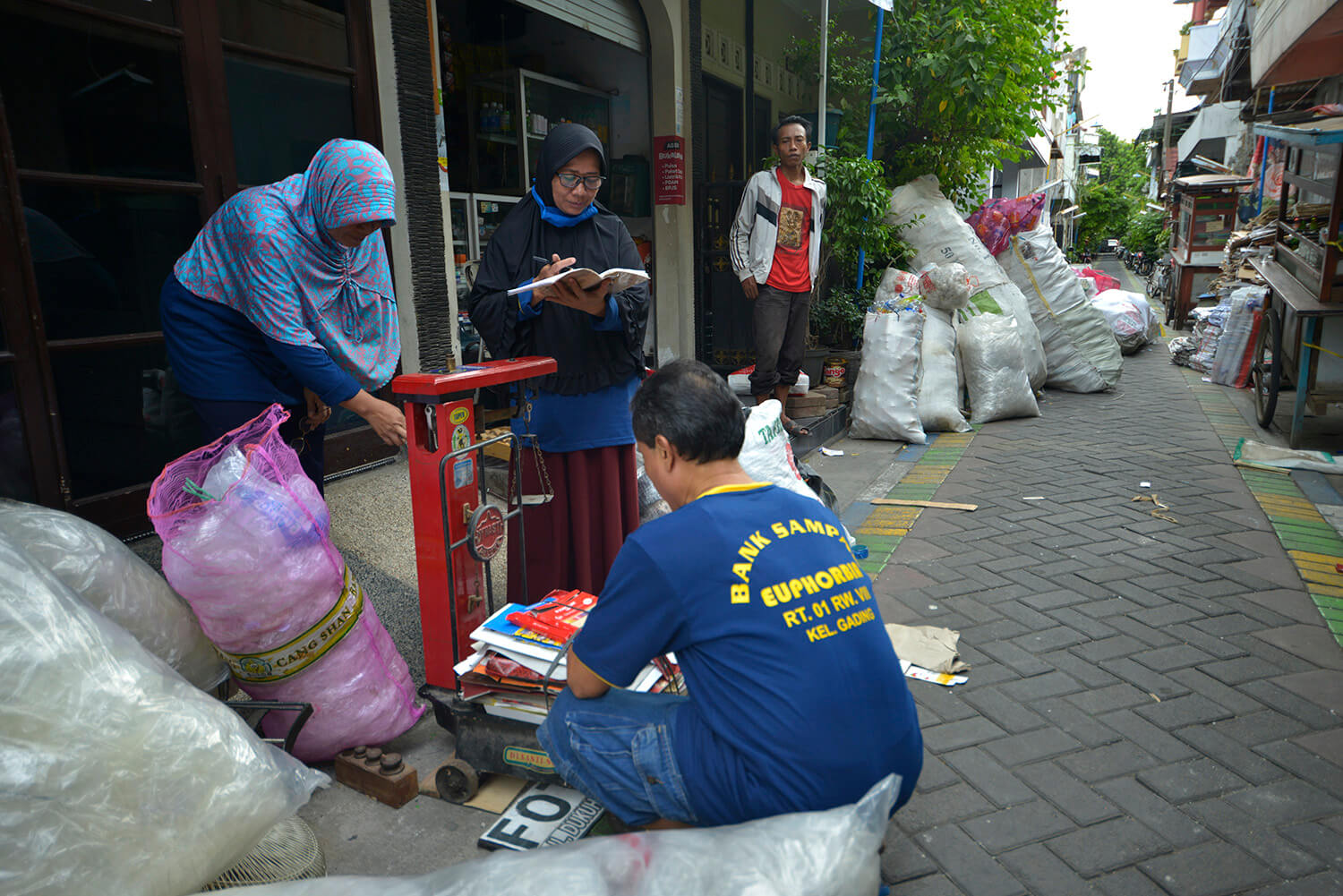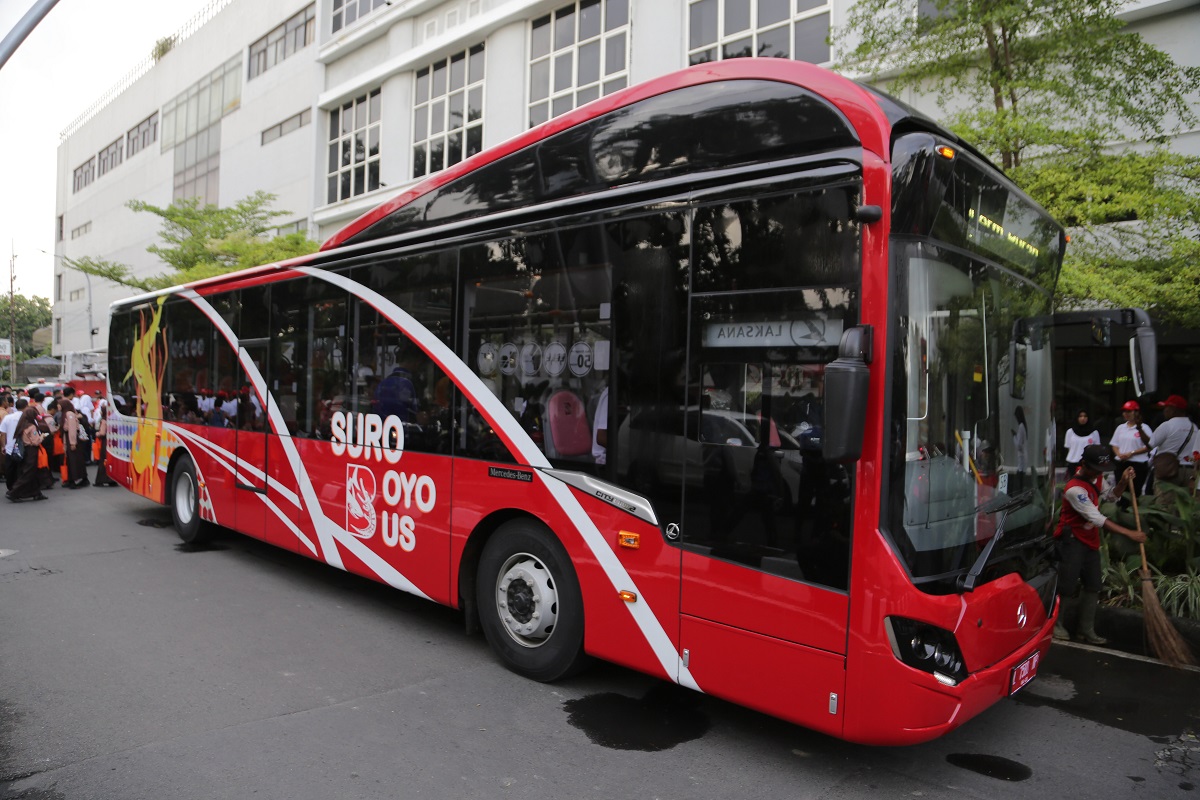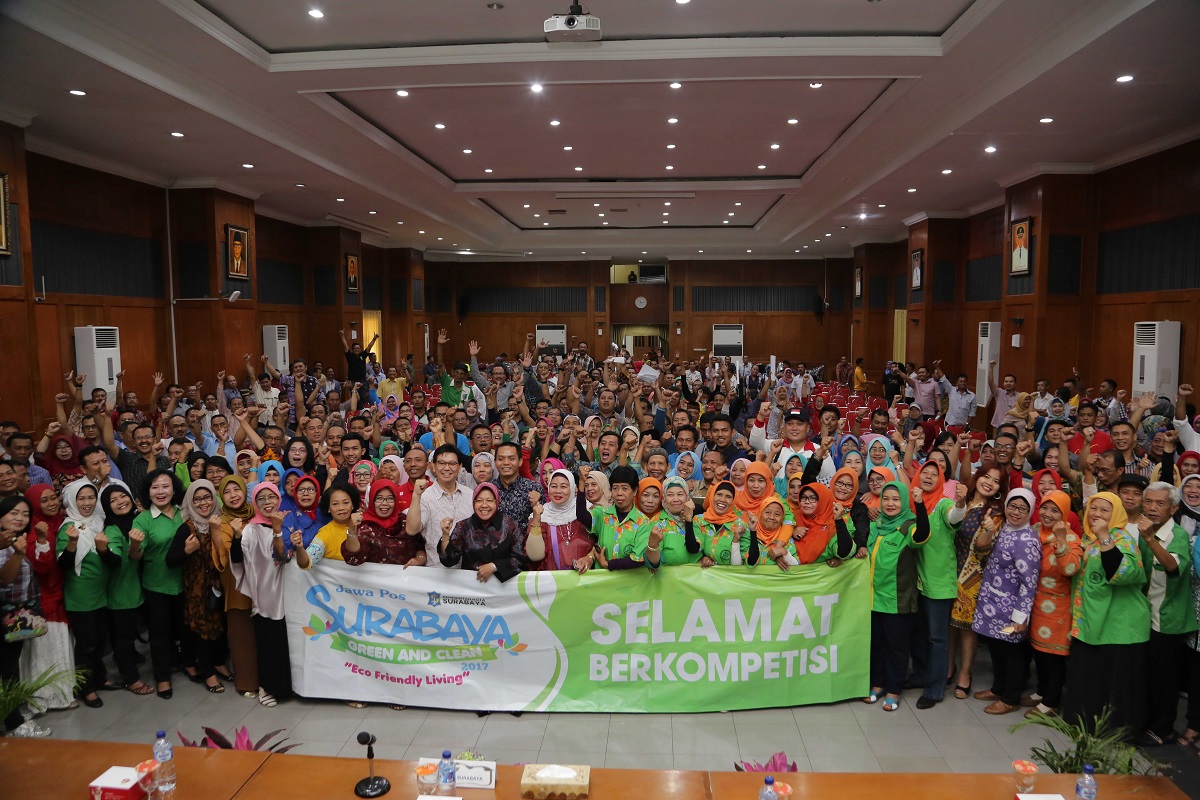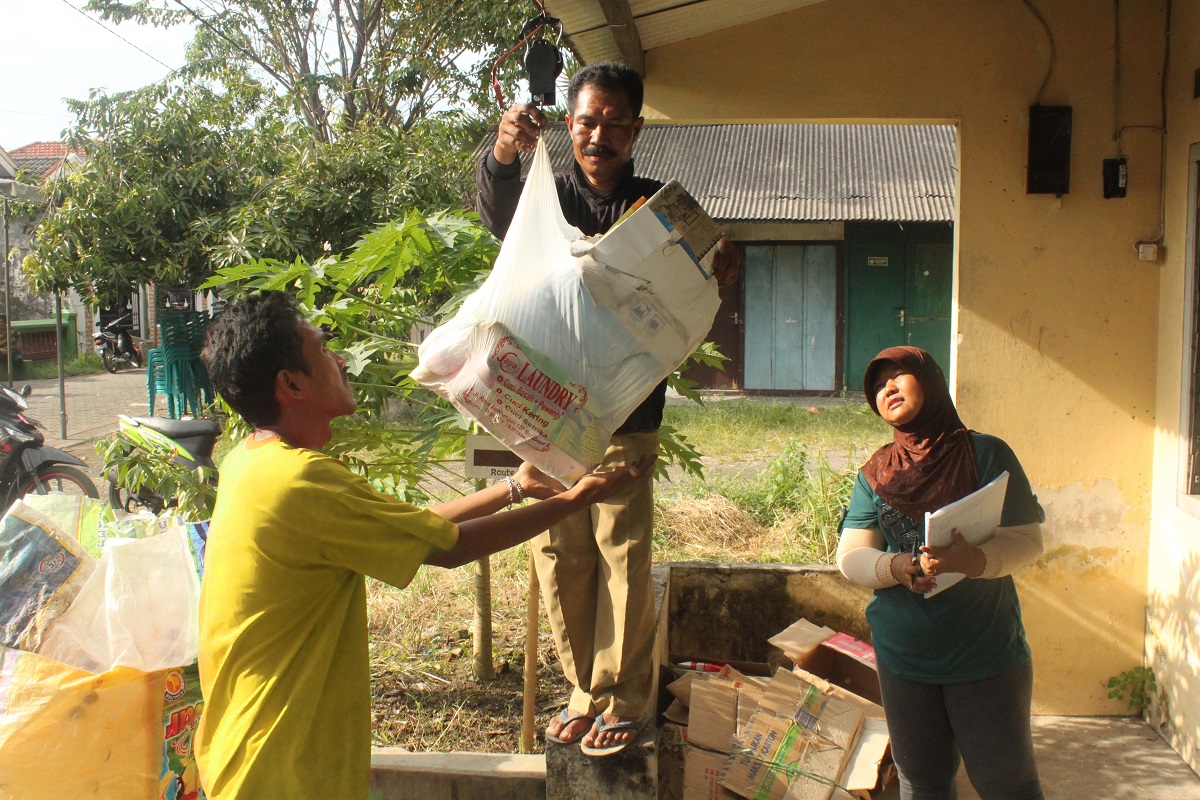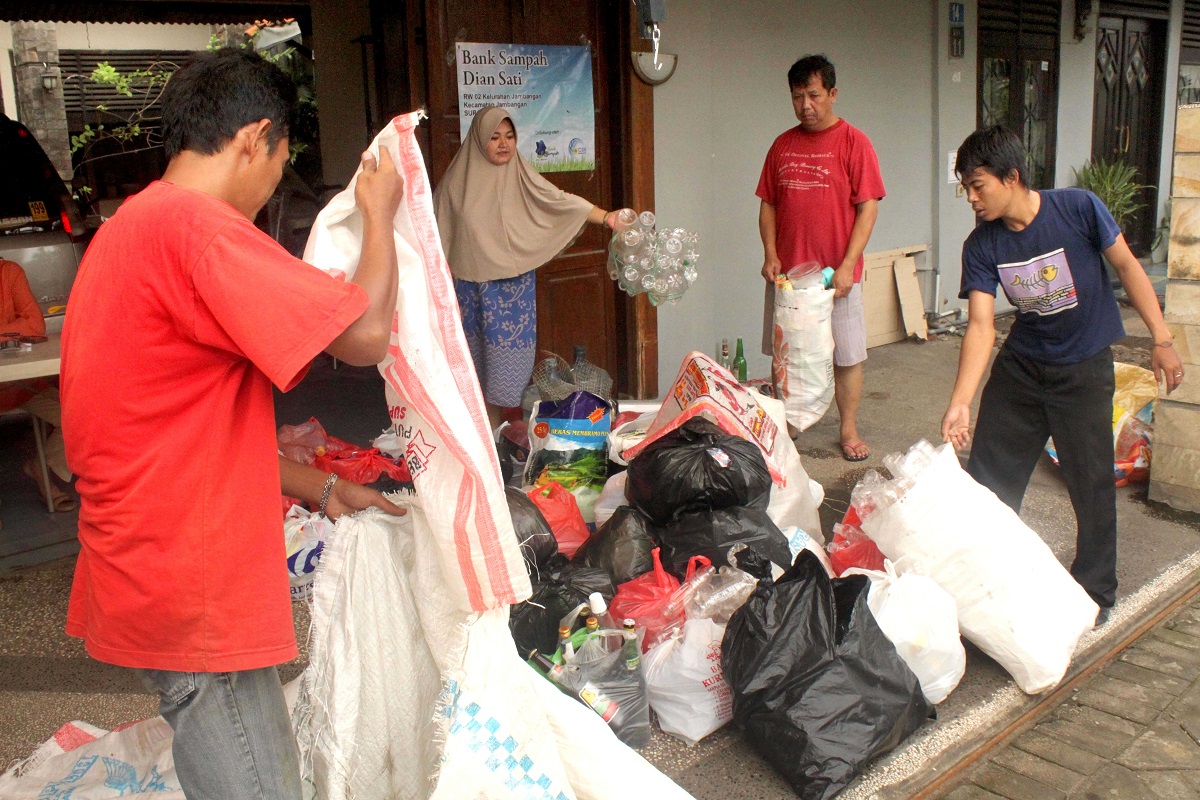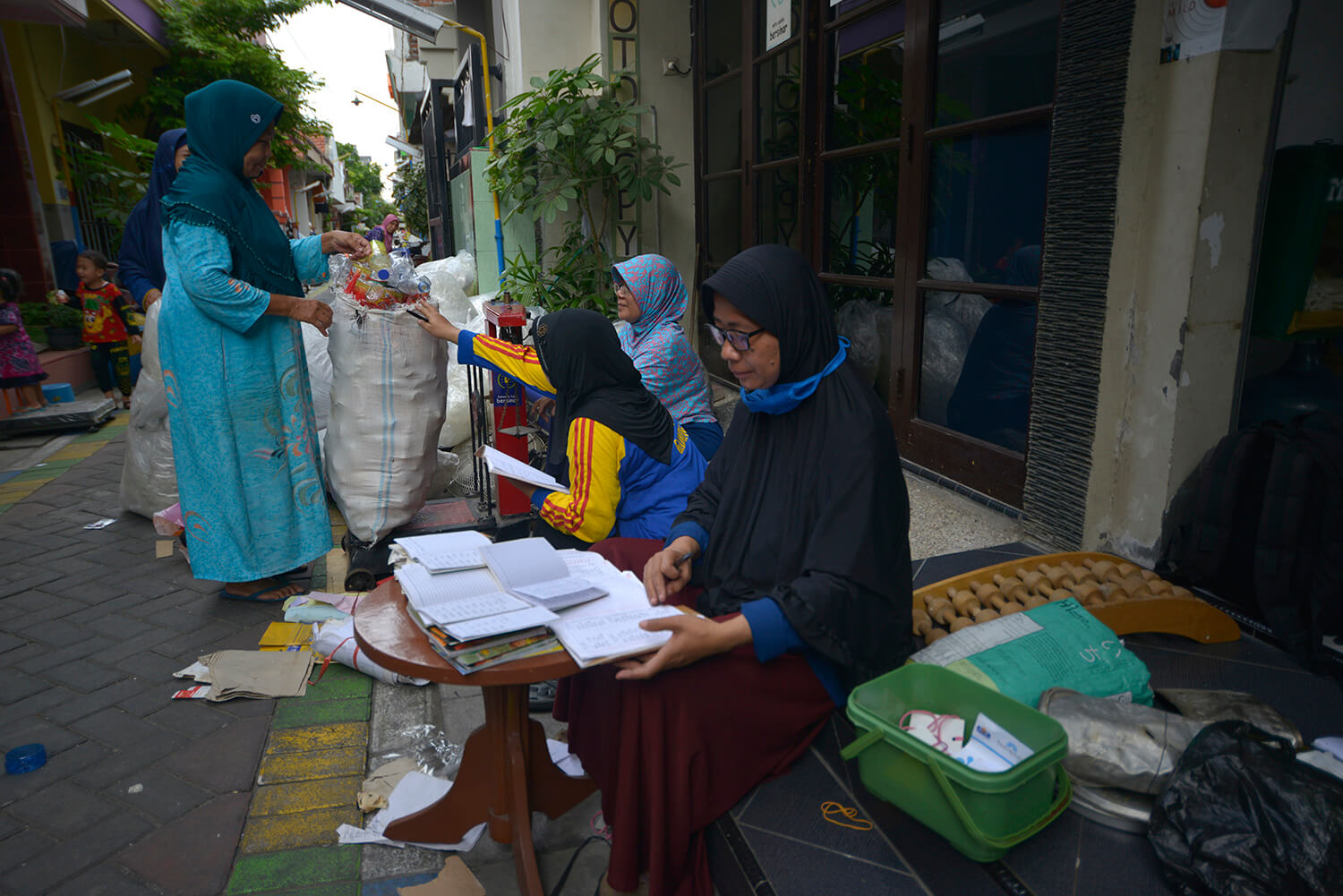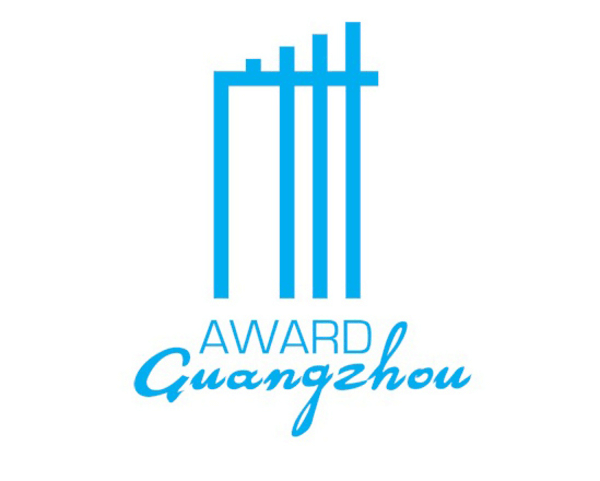City
Surabaya
Main actors
City Government, Private Sector, Community / Citizen Group
Project area
Whole City/Administrative Region
Duration
Ongoing since 2014
Public, private and citizen participation in local waste management solutions.
In 2001, solid waste generation peaked at 2,000 tonnes per day in Surabaya and the closure of one of the city’s landfills resulted in waste being piled on the streets. Subsequently, the waste issue began to attract wider community interest and was taken more seriously. The city government held discussions on how to implement large-scale and innovative waste management processes and how to involve as many people as possible through community initiatives.
In response to these discussions and with the support of a local NGO and the Corporate Social Responsibility Program, an informal settlement was selected to pilot a waste management program based on the 3R principles. Environment friendly ways of waste disposal were introduced, composting at different scales from home to neighbourhood, urban farming and wastewater treatment. As other informal settlements intend to learn from the successful pilot, "green facilitators" and "green cadres" have been trained by the city government.
Guangzhou Award
This project was shortlisted for the 'Guangzhou Award' in 2018.
External links / documents
On Map
The Map will be displayed after accepting cookie policy
